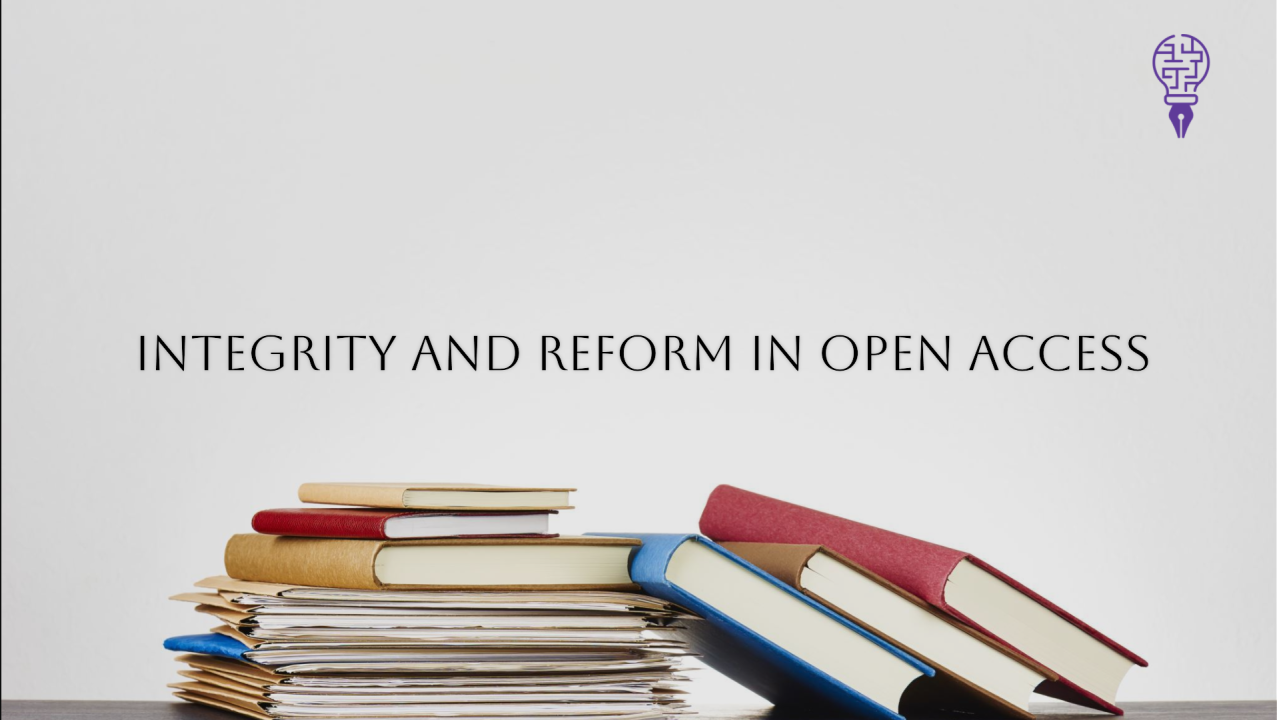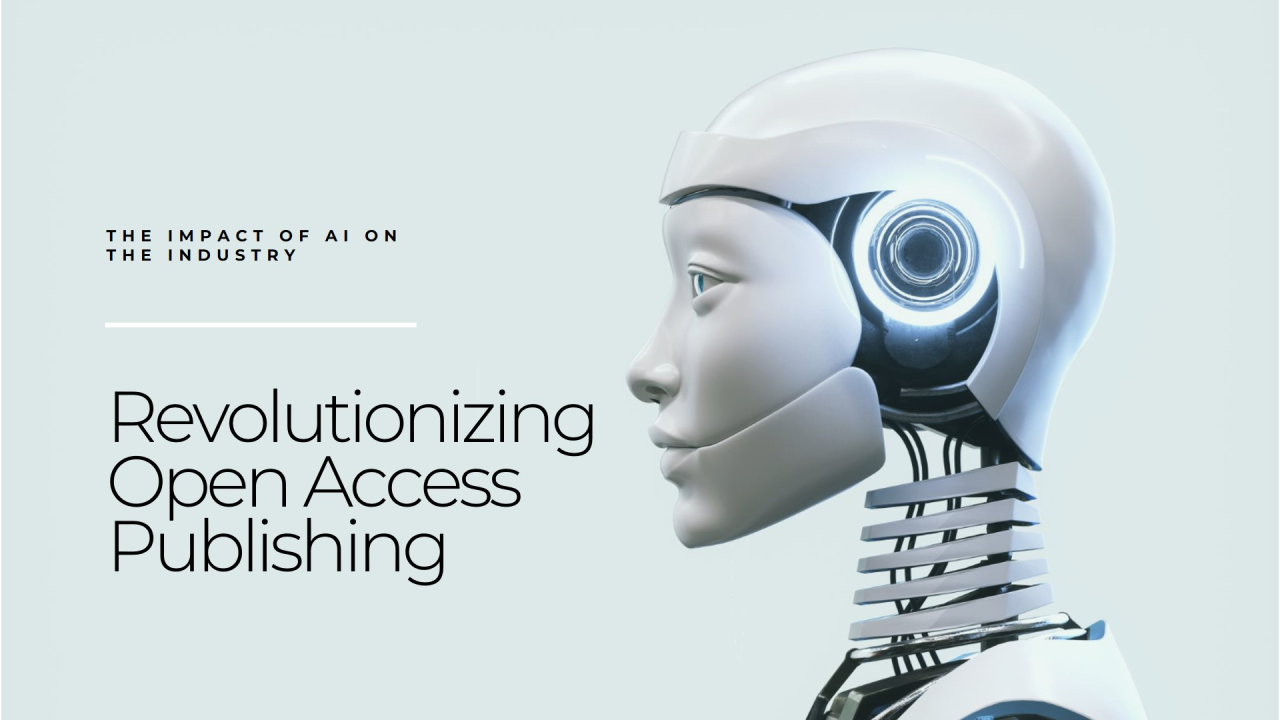CURRENT ISSUE
No Current Issue
Curriculum Development and Instructional Design
Curriculum Development and Instructional Design
Overview
As education continues to evolve, the design and development of curricula and instructional strategies play a pivotal role in enhancing learning outcomes, aligning with industry needs, and integrating technological advancements. Traditional teaching methods are being transformed through competency-based education, interdisciplinary learning models, and digital-first instructional strategies.
This category explores cutting-edge curriculum design principles, innovative instructional techniques, and the role of technology in shaping future-ready education. It also examines how learning experiences can be customized to cater to diverse learners, foster engagement, and prepare students for the workforce of the future.
Key Areas of Focus
1. Competency-Based and Future-Ready Curriculum Design
The shift from time-based education models to competency-based learning (CBL) ensures that students progress based on mastery of skills rather than seat time. Future-ready curricula emphasize critical thinking, problem-solving, and industry-aligned competencies.
Key Topics:
- Implementing competency-based education (CBE) in K-12 and higher education
- Aligning curriculum with workforce skills and 21st-century competencies
- Personalized learning pathways and modular course structures
- Integration of industry certifications and digital credentials in curriculum
Research Implications:
- The effectiveness of CBL in student learning outcomes and employability
- Best practices for designing skill-based curricula for global education models
- Data-driven approaches to curriculum development for personalized learning
2. STEM and STEAM Advancements in Global Education
Science, Technology, Engineering, and Mathematics (STEM) education has been a global priority, but the integration of Arts (STEAM) emphasizes creativity, interdisciplinary learning, and holistic education. This shift is transforming curriculum frameworks to prepare students for innovation-driven careers.
Key Topics:
- The role of STEM and STEAM in modern curriculum development
- Integrating arts, humanities, and social sciences into STEM education
- Best practices for developing STEM and STEAM-based learning environments
- Global case studies on successful STEM/STEAM programs
Research Implications:
- Measuring the impact of STEAM integration on student engagement and innovation
- Gender inclusivity and equity in STEM education
- Assessing the effectiveness of project-based learning in STEM curricula
3. Interdisciplinary and Project-Based Learning (PBL)
Interdisciplinary learning fosters critical thinking, creativity, and real-world problem-solving by integrating multiple disciplines into project-based learning (PBL) environments. These methods enhance collaboration, student engagement, and applied knowledge.
Key Topics:
- Best practices for implementing interdisciplinary learning frameworks
- The impact of project-based learning on student engagement and knowledge retention
- Cross-disciplinary collaborations between STEM, business, and the humanities
- Challenges and opportunities in curriculum design for PBL
Research Implications:
- Effectiveness of interdisciplinary education in preparing students for complex problem-solving
- Case studies on successful PBL implementation in schools and universities
- Assessing the role of experiential learning in curriculum reform
4. Digital-First Instructional Design and Adaptive Learning
Technology-driven curriculum design integrates AI, data analytics, and digital resources to create personalized and adaptive learning experiences. This ensures that learning materials cater to different student needs and learning styles.
Key Topics:
- The role of AI-driven adaptive learning in instructional design
- Personalized learning experiences using data-driven insights
- The integration of gamification, VR/AR, and interactive media in curriculum
- Best practices for designing digital-first educational content
Research Implications:
- Effectiveness of adaptive learning in student engagement and performance
- The role of learning analytics in shaping data-driven instructional design
- Ethical considerations in AI-powered curriculum development
5. Innovations in Assessment, Competency Tracking, and Micro-Credentialing
Traditional examinations and grading systems are gradually being replaced by competency-based assessments, portfolio evaluations, and micro-credentialing systems that offer flexibility and personalized learning experiences.
Key Topics:
- The rise of competency-based assessments and digital badges
- The role of blockchain in credential verification and lifelong learning records
- Alternative assessment models for skill-based education
- The shift from standardized testing to portfolio-based evaluations
Research Implications:
- How micro-credentialing impacts career readiness and skill recognition
- Best practices for implementing alternative assessment methods
- The effectiveness of blockchain-based credentialing in global education
The Curriculum Development and Instructional Design category highlights how innovative curriculum models, competency-based frameworks, and digital instructional strategies are shaping the future of education. From STEM and STEAM integration to adaptive learning and project-based education, this section examines how educators, institutions, and policymakers can create more dynamic and student-centered learning environments.
As education continues to evolve, research in curriculum design and instructional innovation is essential for ensuring that learning remains effective, relevant, and future-proof.















